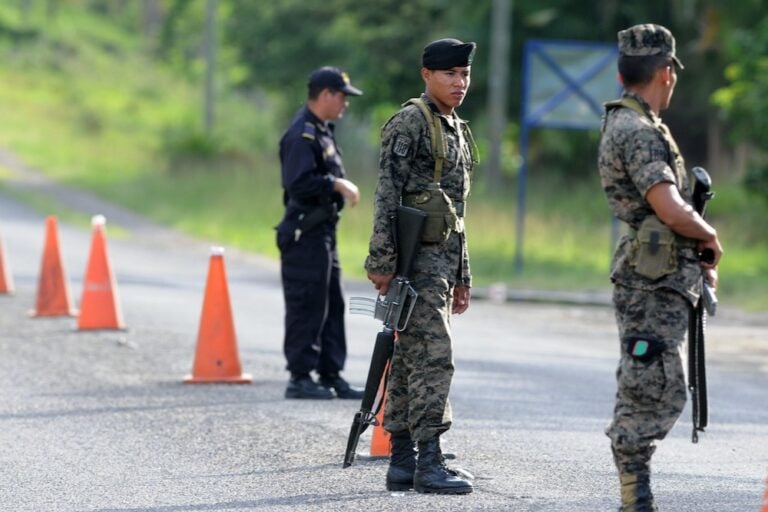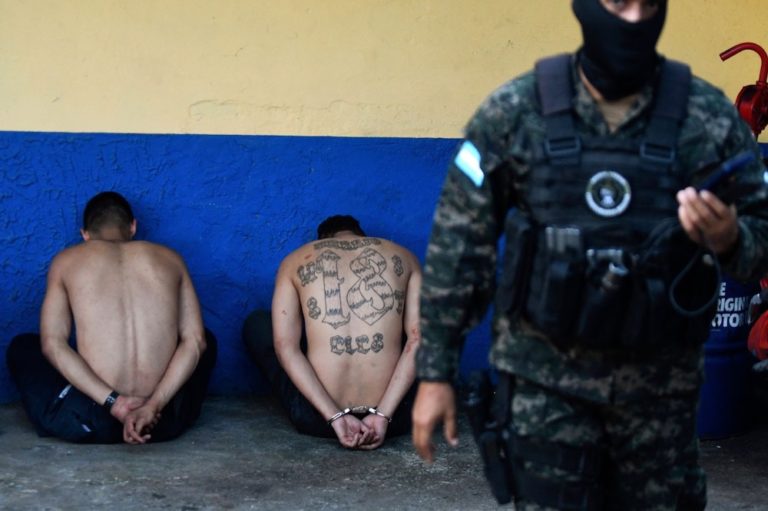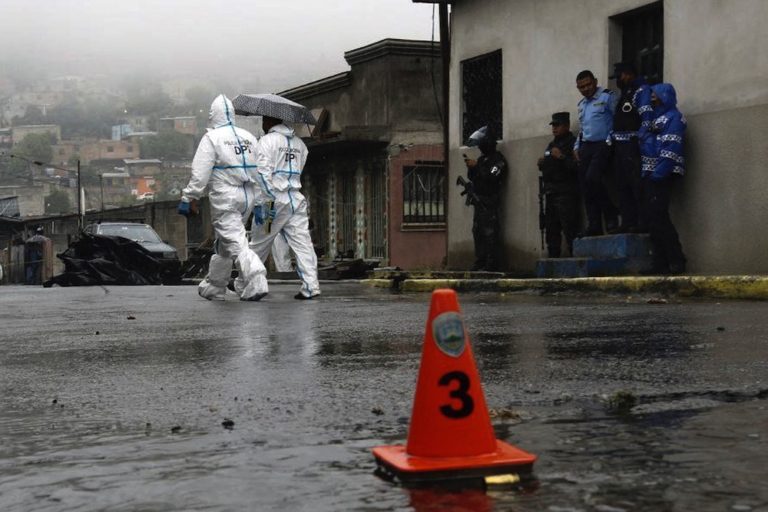(PROBIDAD/IFEX) – Alliance 72 (la Alianza 72), a coalition of civil society organizations – including the Committee for Free Expression (el Comité por la Libre Expresión, C-Libre) – that promotes the issues of access to information in Honduras, submitted to Congress its recommendations regarding the “Transparency Law” bill to be discussed in upcoming weeks. In […]
(PROBIDAD/IFEX) – Alliance 72 (la Alianza 72), a coalition of civil society organizations – including the Committee for Free Expression (el Comité por la Libre Expresión, C-Libre) – that promotes the issues of access to information in Honduras, submitted to Congress its recommendations regarding the “Transparency Law” bill to be discussed in upcoming weeks.
In a meeting with the adjudicators of the Law and with the Legislative Commission on the Processing of Bills (Comisión Legislativa de Seguimiento de Proyectos), members of Alliance 72 expressed their opinion that the Transparency Law, presented to Congress on 26 January 2006, remained true to the spirit of the bill originally presented to the chamber over a year before.
They further held that the Law – promoted by the new government of President Manuel Zelaya Rosales – retained the key articles concerning: confidential and restricted information; the right of citizens to petition for the release of information; the right to appeal in the event that a request for information is denied; and the provision of a written rationale in instances of refusal.
Nonetheless, they emphasized that “Alliance 72 rejects the designation of the National Forum for Citizenship Participation, created by the Law of Citizenship Participation that was signed into law by the president on 27 January,” as the body in charge of overseeing and implementing the law. The Alliance 72 proposes, instead, that the National Anti-corruption Council play that role, to prevent the law from falling prey to partisan political abuse.
In meetings with the adjudicators of the law and with members of Congress, Alliance 72 also underlined that the law is not intended as a weapon to be used against government officials, but rather is intended as a tool to facilitate the struggle against corruption, mainly by guaranteeing society’s right to access all information of public interest.
In the same vein, Member of Congress Ilsa Díaz Zelaya, of the opposition National Party, stated that she and her colleagues were ready to “promote a law that will change the historical fate of the country. . . We will undertake a round of consultations in order to establish this law.”
For his part, Member of Congress Toribio Aguilera, of the social-Christian Innovation and Unity party, emphatically asserted that the Transparency Law is a “national priority,” adding, however, that, “We are not going to rush it. We will set up a working schedule with the Adjudicating Commission and the party leaders (represented therein), and the approval of this law, within a reasonable period and hopefully very soon, will be on the agenda.”
During an appointment with parliamentarians, members of Alliance 72 also submitted a memo addressed to the president of Congress, Roberto Micheletti Bain, in which they affirmed the importance of ensuring that government operations be rendered transparent, not only as a means to combat corruption but also as a means to strengthen democracy itself.
The passage of the Transparency Law was a campaign promise of President-elect Zelaya. He promised that he would pass the law upon assuming office on 27 January, but was unable to do so due to a lack of Congressional support, even from Congress members of his own party. Zelaya requested that Congress prioritize the passage of the law because, in his words, Honduras needs a legal tool “of this kind in order for the country to develop and move forward.”
Alliance 72 took its name from the constitutional article that guarantees freedom of expression, and is a lobbying group that promotes the right to free expression and to access to public information in Honduras.


